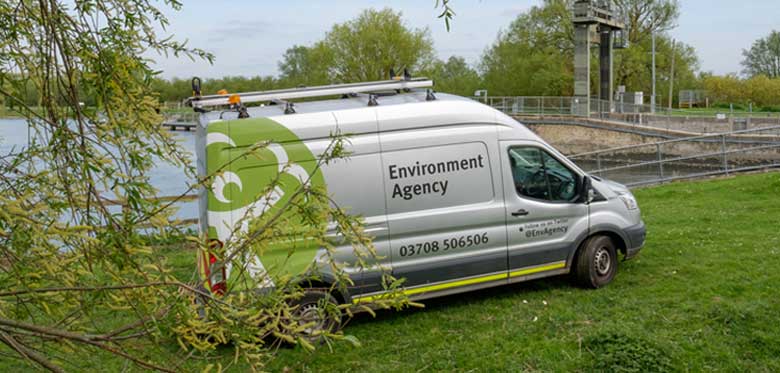As with all regulatory bodies, the Environment Agency (EA) recognise the difficulties businesses are facing as a result of COVID-19. However, it is important to note that COVID-19 is not an excuse to operate illegally. You must be aware of your continued obligations to comply with relevant environmental legislation, otherwise you may find yourself facing enforcement action.
The EA have published their regulatory response to COVID-19, which sets out their approach to regulation and enforcement during the COVID-19 pandemic. The EA make it clear that they still expect operators to take all reasonable steps to comply with regulatory requirements, using contingency plans to help them comply. However, the EA appreciate that in some cases it may not be possible to comply with regulatory requirements due to the current exceptional circumstances. Where this is the case, the EA have set out the following expectations to mitigate any instance of non-compliance:
- You should notify your usual regulatory contact;
- You should take steps to minimise any unavoidable non-compliance as far as possible;
- You should attempt to minimise the effects of any unavoidable non-compliance;
- You should prioritise complying with regulatory requirements that directly protect the environment and human health; and
- You should keep records showing why a non-compliance occurred, for example records of staff absences, contractors being unavailable or supply chain failures.
It is important to note that the EA are continuing to work with the police to share intelligence about criminal activity and take action against those breaking the law. Despite the COVID-19 pandemic, the EA therefore continue to undertake investigations into environmental offending and prepare legal cases.
The EA have confirmed that they will consider the appropriate enforcement response to any non-compliance during the COVID-19 pandemic in line with their Enforcement and Sanctions Policy and take into account:
- The extent to which you have followed the EA’s expectations outlined above;
- The impact of COVID-19 on your activities, which should be supported by your records showing why the non-compliance occurred; and
- The effect of any relevant COVID-19 regulatory position statement.
The EA have confirmed that they will keep this approach under review in line with Government guidance and the changing circumstances of the COVID-19 outbreak, and will vary or withdraw it as appropriate. It is therefore important that you keep up-to-date with the EA’s approach as we become more accustomed to dealing with the impact of COVID-19.
The EA have also published some time-limited COVID-19 regulatory position statements (‘RPSs’) in relation to certain regulatory requirements. This is with the intention of minimising risks to the environment and human health where, for reasons beyond your control, compliance with certain regulatory requirements may not be possible due to the COVID-19 pandemic. They also cover specific circumstances where the EA are relaxing normal regulatory requirements.
The current COVID-19 RPSs in place relate to agriculture; monitoring and reporting; radioactive substances regulation; regulated industry installations (non-waste); and waste management (excluding radioactive waste). Additional COVID-19 RPSs are being added regularly so it is advisable to routinely check the EA’s page on the Government website to see if any RPSs relate to your business.
Each COVID-19 RPS sets out when it applies and the conditions you must comply with in order to use it. You must still comply with all your other regulatory requirements. It is important to note that if you wish to use a COVID-19 RPS you must comply with both its:
- Specific conditions – including any requirements to notify the EA or obtain their approval to use it; and
- Requirements concerning pollution and harm to human health.
If you do this, the EA confirm that they will not normally take enforcement action against you.
It is also important to note that the RPSs have expiry dates, at which point they will be removed from the EA’s listing. Alternatively, if the EA decide to extend it, they will amend the expiry date. The EA make it clear that it is your responsibility to check individual RPSs to determine when they expire. You should contact the EA if you envisage any problems in complying with your permit after an RPS has expired.
The EA’s regulatory response to COVID-19 therefore indicates that they are understanding of the current difficulties faced by businesses and have adapted their regulatory approach accordingly. If you are experiencing or anticipating issues in complying with regulatory requirements, it is important that you act in accordance with the EA’s expectations and work with them to mitigate the effects of any unavoidable non-compliance. Where such steps are taken, the EA indicate that they are less likely to take enforcement action against you for non-compliance.
If you are facing an investigation by the EA or any other environmental regulator, please feel free to contact our specialist environmental lawyers on 0161 696 6250 to discuss how we can assist with your case.



Comments